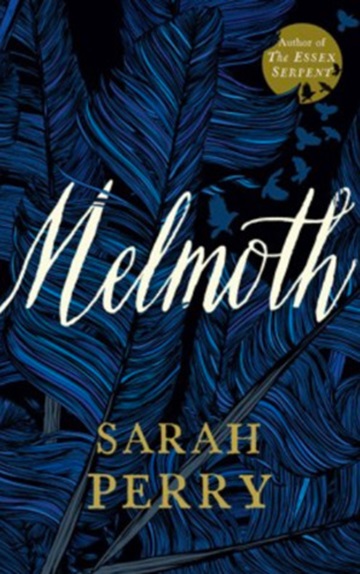
While Maturin's Melmoth was a man who sold his soul to the devil for 150 more years on earth, Perry's Melmoth is a woman who denied she saw the resurrection of Jesus Christ. Perry draws on Charles Maturin's 1820 novel Melmoth The Wanderer, which surfaces as one of the accounts in Helen's texts. Helen herself starts to believe she is being followed through the city for she too did something unforgivable 20 years ago that has consumed her since. He leaves behind his stroke-crippled lover Thea and Helen to decipher stories from 16th-century England, Nazi-occupied Prague and even "The Testimony Of Nameless And Hassan", a tale told by a Turkish beggar of the Armenian genocide. The Revd Dr Hugh Rayment-Pickard is a co-founder of the charity IntoUniversity.The friend who handed her the manuscript, Karel Prazan, soon vanishes. Perry holds our attention to the last page, delivering a final sobering twist that leaves us thinking long after the book is finished. The pearls falling from a necklace, the caraway seeds on a bread roll, the network of veins on Franklin’s eyelid - these details remind us all the time that history is always particular, always some place at some time. For her, history is never a march, or sweep, or longue dur é e, but a series of concrete moments described with meticulous relish. Through a series of texts, Franklin follows Melmoth through history, just as Melmoth follows Franklin through the streets of Prague.Īs in her earlier novel, The Essex Serpent, Perry is concerned with Time. Her punishment is to travel through time bearing witness to the world’s untold horrors and atrocities. Melmoth, we learn, was among the women who were first to witness the resurrection, but she was the only one to deny what she saw.

In the mean time, she is haunted by a sinister being, Melmoth: “Her skin is dappled as though many shadows cross it and her unblinking eyes are spheres of smoky glass.”

Perry tells the story through texts within text, shuttling the reader here and there in time between the Holocaust, the Armenian genocide, 16th-century Essex, and a hospital in Manila in the 1990s.Īt the centre of this patchwork narrative are the present-day streets of Prague, where Helen Franklin shoulders an unbearable memory that eventually works its way to the surface of the novel.


Toughest of all, Perry poses the question of our personal complicity, and how we should respond to our guilt and shame. But this metaphysical fable tackles a disturbing human dilemma: how we endure or are broken by the world’s suffering and injustice. The delight comes from Perry’s sumptuous writing, which evokes a tangible sense of place and mood wherever she takes her story. WHETHER you are already a fan of Sarah Perry’s fiction, or are just curious to see what all the fuss is about, her latest novel, Melmoth, will delight and disturb in equal measure.


 0 kommentar(er)
0 kommentar(er)
